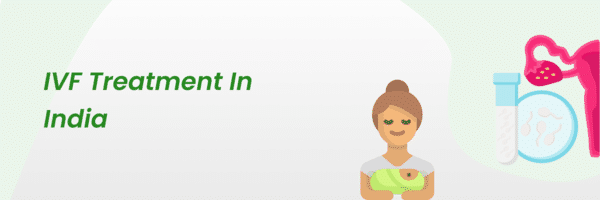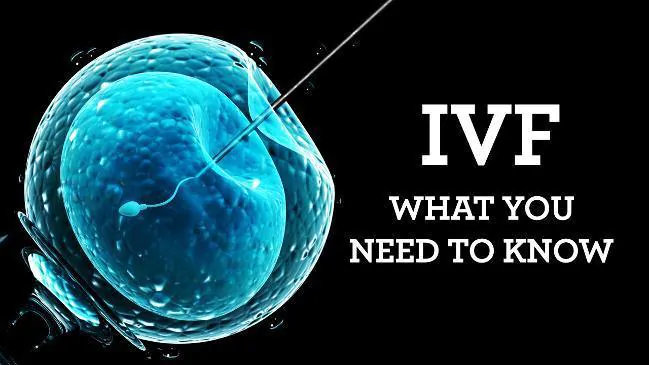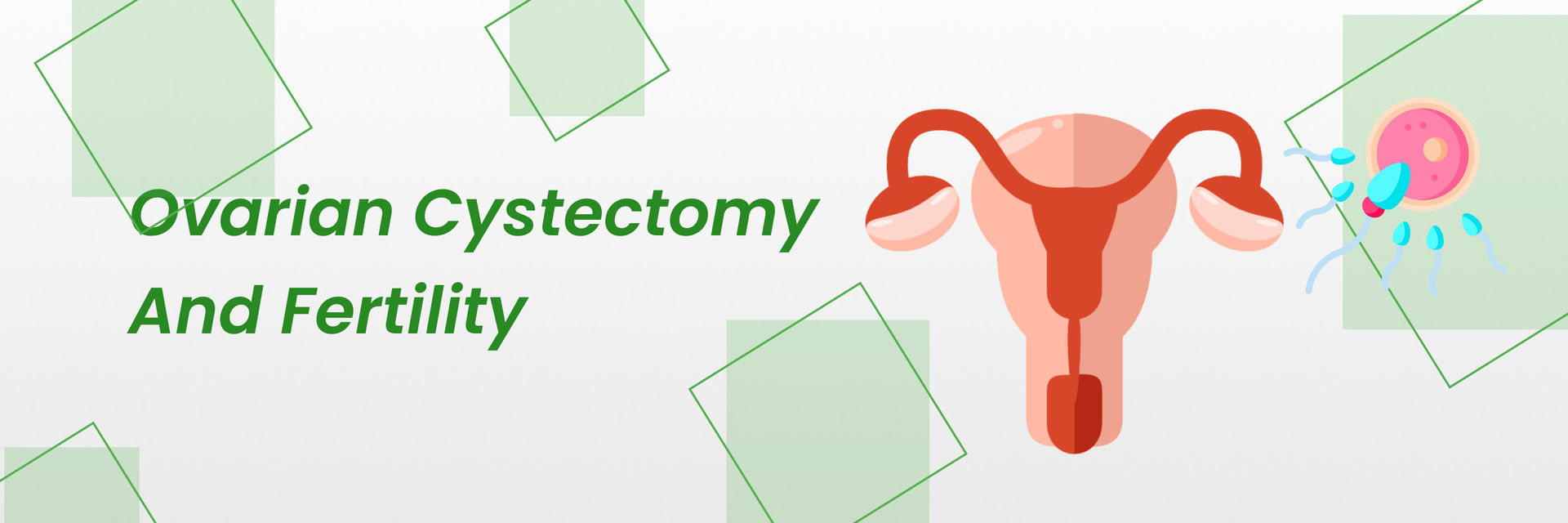Introduction
Frozen Embryo Transfer (FET) is a vital part of Assisted Reproductive Technology (ART), where previously frozen embryos are thawed and transferred to the uterus. It has become a beacon of hope for many aspiring parents. They are navigating the challenges of infertility. Late implantation occurs when an embryo attaches to the uterine lining later than the typical window expected after transfer. This article delves into the details of late implantation after FET. It explores its effects, causes, and impact on pregnancy. It gives them knowledge and improves their chances of a successful pregnancy.
Ready to start on your journey to parenthood? Schedule your consultation now! and get our expert guidance from top fertility specialists in India.
Curious about what exactly happens if implantation is delayed after FET is? Learn more with us!
What Is Late Implantation After Frozen Embryo Transfer?
Late implantation is significant because it can affect the success rates of FET. It occurs when an embryo sticks to the uterus later than usual. This window exists 6 to 10 days post-transfer. In the context of FET, late implantation might manifest closer to or beyond the 10 day mark. This delay can change hormone levels. It can also affect when to take pregnancy tests, leading to false negatives at first.
Now you might be wondering what’s next. We’ve got you Identify and address the factors that can lead to late implantation, with us!
Factors Contributing to Late Implantation
Understanding the contributing factors to late implantation can help mitigate its risks. These include:
- Endometrial Thickness: Insufficient lining may delay or prevent implantation.
- Embryo Quality: Higher-grade embryos are less likely to implant late.
- Thawing Process: Inefficient thawing can affect embryo viability. Hence, you must get treatment from renowned fertility centres in India with state-of-the-art infrastructure and advanced facilities.
- Hormonal Support: Adequate hormonal support after transfer is crucial. It keeps the uterus conducive.
Recognize what you have to go through because of late implantation and how they might differ from standard early pregnancy indicators.
Read further!
Symptoms of Late Implantation After FET
Symptoms of late implantation can be subtle and often mirror regular early pregnancy signs, such as:
- Mild cramping and spotting past the expected implantation window.
- Delayed or faint positive pregnancy test results.
- Fluctuations in pregnancy-related hormone levels later than usual.
How Does Late Implantation Impact Pregnancy Outcomes?
Late implantation can complicate early pregnancy monitoring and increase anxiety among couples. It may be linked to higher risks. These include ectopic pregnancy or early miscarriage. But, if a healthy pregnancy passes the first trimester, late implantation usually does not harm it.
Still, concerned about how late implantation might affect your pregnancy? Don’t worry we’ve got you! Book an appointment now and get expert guidance to make the best decision.
Late Implantation After Frozen Embryo Transfer Success Rates
Studies suggest that while late implantation can be associated with increased risks, successful pregnancies still occur. The success rates vary and are influenced by factors such as embryo quality and endometrial preparation.
- For women under 35, success rates can be as high as 40-50%.
- For women over 35, success rates may range from 25-35%.
For Frozen Embryo Single-Embryo Transfer (SET):
- A large study found that the cumulative sustained implantation rate after up to three consecutive SET procedures is 95.2%.
- Individually, the live birth rate per transfer was 64.8%, 54.4%, and 54.1% for the first, second, and third attempts, respectively.
Conclusion
Late implantation after FET is a complex phenomenon with various contributing factors. While it can lead to successful pregnancies, it is essential to monitor such cases closely to ensure the best outcomes for both the mother and the developing fetus.
FAQs
How Can You Enhance the Success of Implantation After Frozen Embryo Transfer?
Better hormone support can improve the uterine lining. Picking the best embryos for transfer can also help. These steps can enhance implantation success.
When Should You Seek Medical Advice for Late Implantation After Embryo Transfer?
Seek medical advice if you notice unusual symptoms. Also, seek advice if your pregnancy test results are inconsistent. Early intervention is key in managing any complications.





